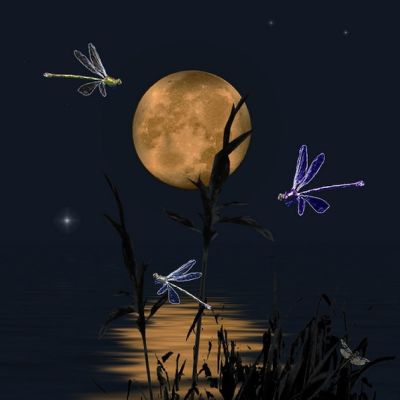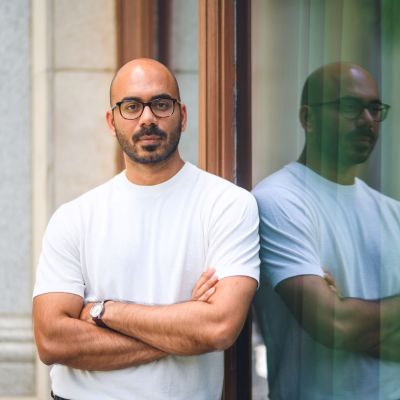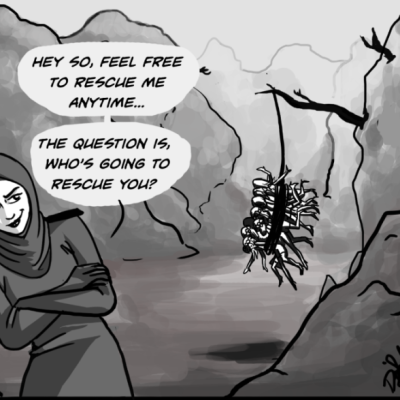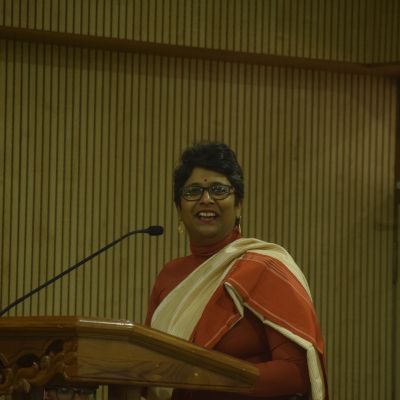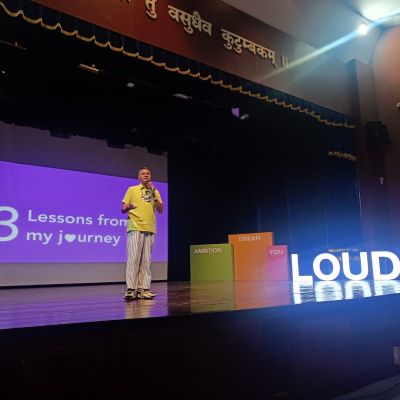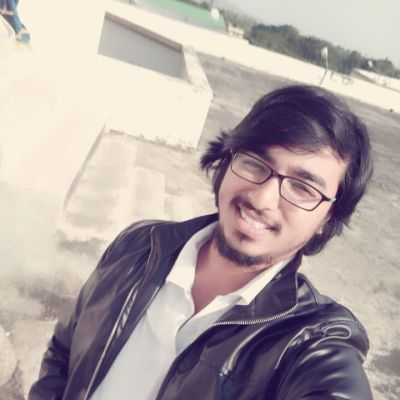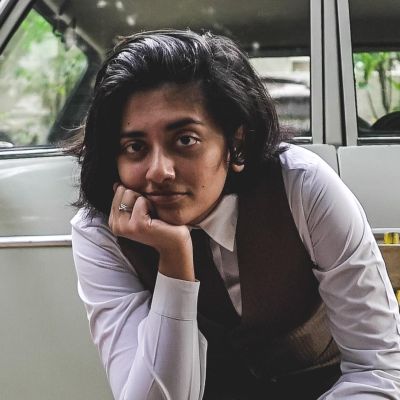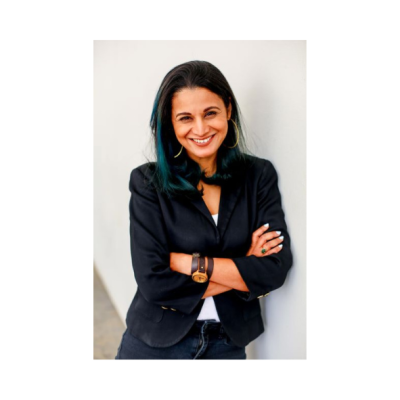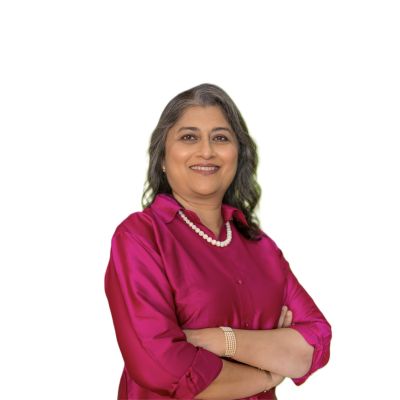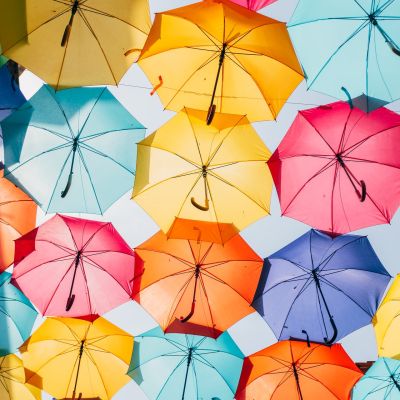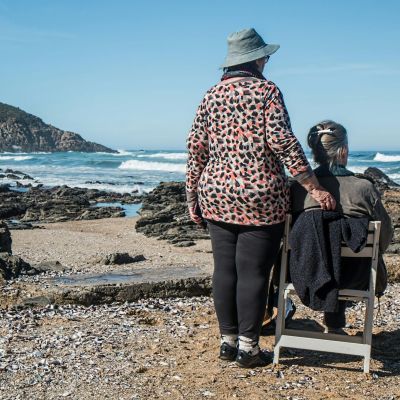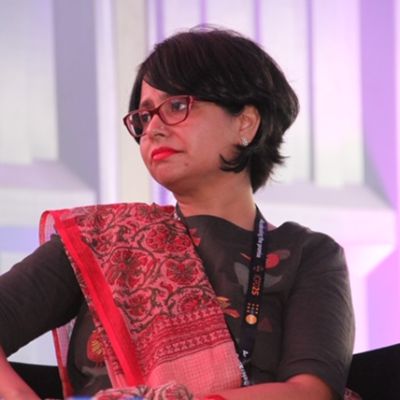Shikha Aleya
What is fiction? Is it born of reality? Or does it birth reality, reflecting it back at me until I see the things I do not see? Until I find the person that is me? Until I dance my horse dance under moon, under stars, in a room full of people who like horse dancing just as much as they like the swirly skirt and the pot-bellied person doing the Bhangra.
Queering to me is thinking, being, living and loving outside societal norms.
Deena Mohamed, Egyptian artist, illustrator and designer, speaks to us about her art and her perspective on politics, patriarchy, feminism, and gender and sexuality.
I feel that parents, teachers and CSE can make room for these disparate realities of adolescents by first acknowledging the limits of formal sexuality education, that the curriculum imparted formally fails in providing the kind of learning that happens through other sources.
I think that the level of power that law makers, opinion builders and stakeholders wield over the more vulnerable and younger people in society is enormous. Yet, these actors have chosen to focus only on building a policy regime of sexual violence, even to the extent of allowing juvenile offenders to be treated as adult accused – without any corresponding effort to build a sex positive culture within which they may exercise agency.
The larger question is, who gets to bring all of themselves to the workplace, and who is either not allowed, or feels scared, or is bullied for doing so?
“I feel that connection is the survival language of the LGBTQIA+ community. The sense of a common struggle makes way for developing quick yet lasting connections among the community…”
Entertainment should aim to inspire, comfort, reflect and express. Even if something violent earns big at the box office, it doesn’t justify its creation.
“Questions of difference should not be a cause for despair. There are examples from history and our own lives that show how we can connect across difference and stand in solidarity with one another…”
Getting to know who I really am has been a game changer. Prejudice, anger, control and violence all emerge from fear.
In this write up, we’d like to share a sense of what emerges from a compilation of these responses. This is based on the thoughts and feelings that come through for those of us here at In Plainspeak who have had the joy of reading the original responses as they came in to us. (Some of the quotations that follow have been slightly edited for flow and to help connect themes.) We know that most things in the realm of art, information and ideas lend themselves to a wide range of inferences and insights depending on the individuals making the inferences.
There are times when we bend the rules and draw on the walls. This is one of those times. We listened in on some of the chatter online on the subject of consent and we ended up with some questions.
We are plugged in to all kinds of data from a variety of sources, through technology, and even a window view of this space is like stepping into a global COVID control data centre. We are standing up to be counted, to be seen, to do, to contribute, to advocate, to remind, to rectify and restore, to strengthen a growing network of support and response to crisis on a scale we have neither been able to process or measure.
Abha Khetarpal is a disability rights activist and self-advocate, writer, motivational speaker, and President of Cross the Hurdles, a resource…
But not every issue of discrimination and conflict can go to a court.Say for example, affording privacy to a young adult with disability to understand their body and sexual responses, or enabling them to access accessible sex toys or assistive devices related to sexual pleasure.

